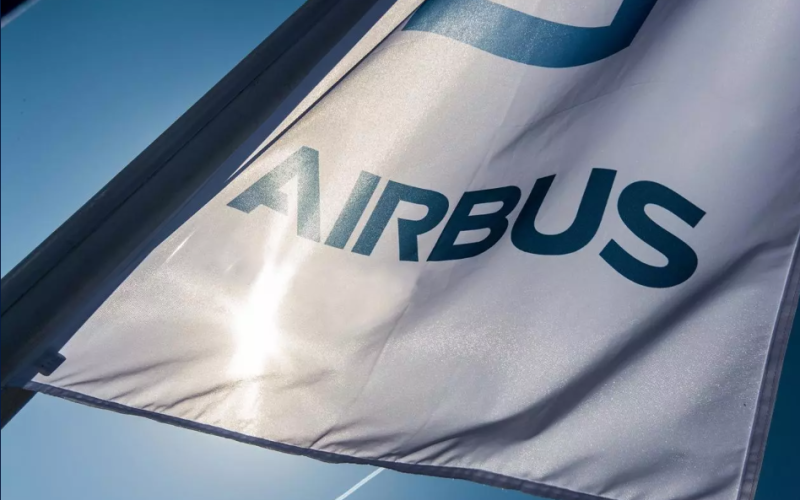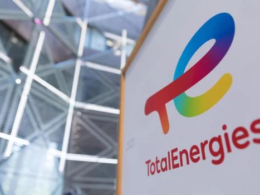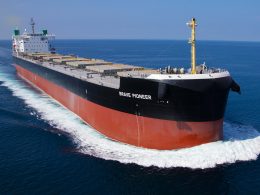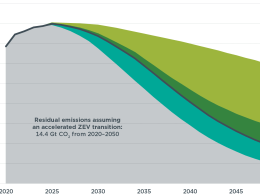Airbus has postponed its plans to develop a hydrogen-powered airliner by 2035, shifting its focus towards testing next-generation engines powered by sustainable aviation fuel (SAF). The company’s ZEROe initiative, launched in 2020, aimed to design a 100-seat aircraft fuelled by hydrogen, with engine tests initially scheduled to begin in the late 2020s using an Airbus A380. However, following a late 2024 review that identified significant technological challenges, the aerospace giant has revised its approach.
French news agency AFP first reported the delay. Despite the setback, Airbus maintains its commitment to introducing a commercially viable, fully electric hydrogen-powered aircraft in the future. Speaking to a media house, the company reaffirmed its ambition to lead the decarbonisation of aviation and contribute to the industry’s long-term sustainability goals.
“We recognise that developing a hydrogen ecosystem—including infrastructure, production, distribution, and regulatory frameworks—is a substantial challenge requiring global collaboration and investment,” Airbus stated. “Recent developments suggest that progress on key enablers, particularly the large-scale availability of hydrogen produced from renewable energy sources, is slower than anticipated.”
Indications of the delay emerged in December when hydrogen projects were absent from requests for proposals in the next phase of Europe’s Clean Aviation research programme. Nevertheless, Airbus remains focused on clean technology, advancing new engine concepts for the successor to the A320neo. Since 2022, the company has been working with GE Aerospace and Safran’s joint venture, CFM International, on the Revolutionary Innovation for Sustainable Engine (RISE) programme, which explores open fan technology to enhance fuel efficiency and reduce emissions.





















